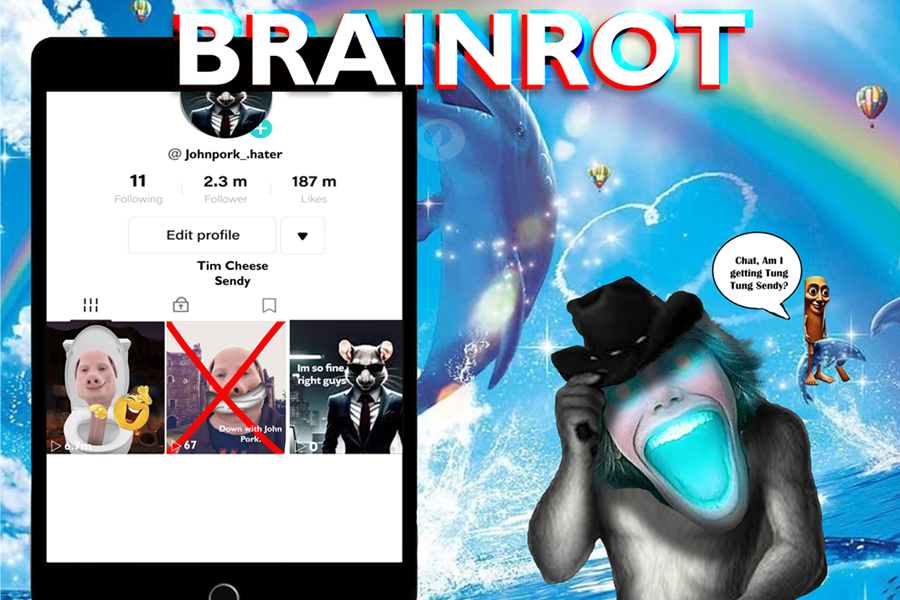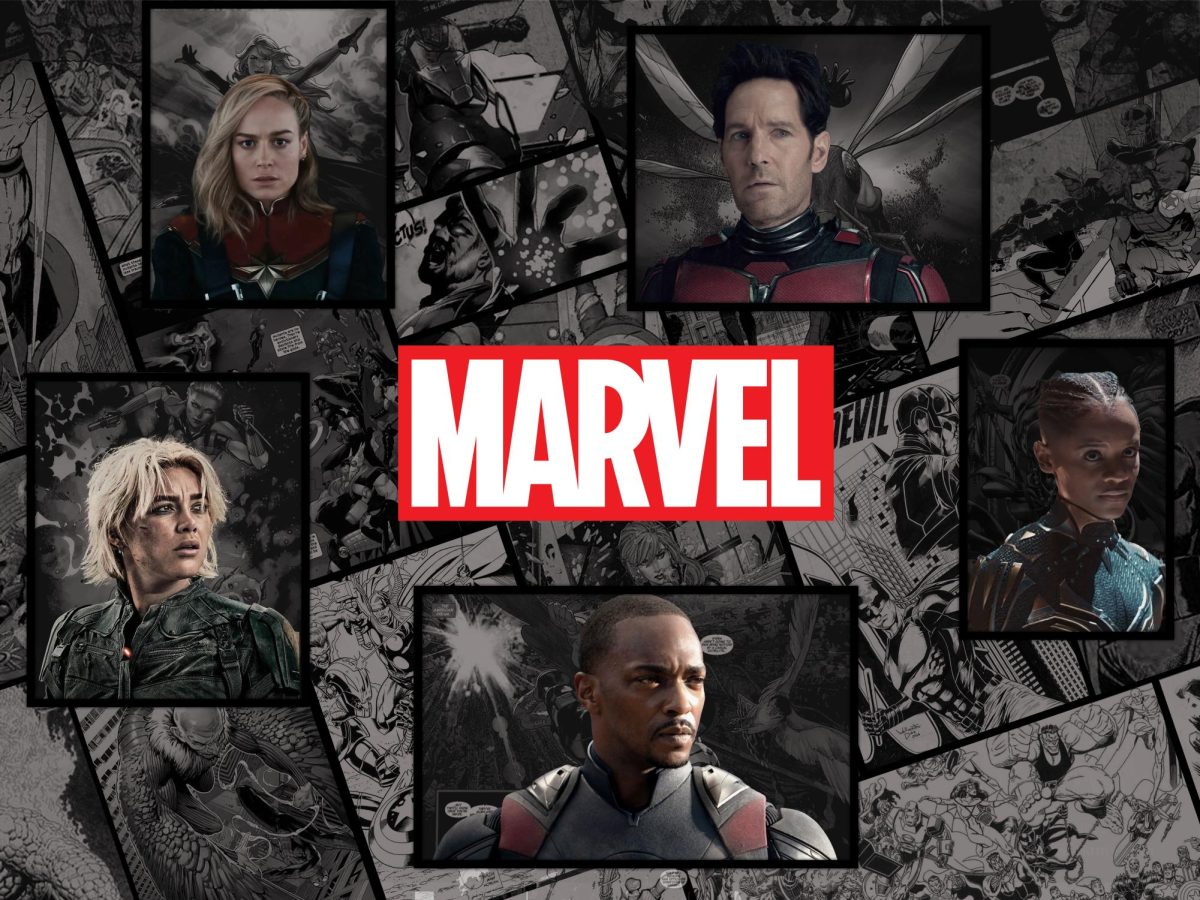Since the release of the first rom-com, “Sherlock Jr.,” nearly a century ago, society has reduced the genre to laughable attempts at movies that are unworthy of our time and respect. For women, romantic comedies can only be seen as a “guilty pleasure” to be enjoyed with a bottle of rosé on girls’ night. Men, however, expect a Nobel Prize when they can put their masculinity aside for two hours to sit through “How to Lose a Guy in 10 Days.” It’s seen as pathetic and naive to genuinely enjoy romantic comedies, which leads me to my main point: why have we, as a society, decided that love stories cannot be taken seriously?
This question can only be answered by history, as this issue extends far past the relatively new genre of romantic comedies. Since the beginning of story-telling, men who would fight in a war or start a business to garner power would write about it. When men published their poems and books about these topics, society praised them. Even today, many of these works are still regarded as “classics” that have only maintained relevancy because children are forced to suffer through them in English classes. Yet, when women then turned to the domestic life that was asked of them, their poems and books about topics like love and family were occasionally popular but widely overlooked. This is seen in stories like “Little Women” and “Pride and Prejudice,” both still rarely acknowledged by men. Society has always had a hard time believing that the experiences of relationships and family are just as valuable as stories of war-torn countries and money-hungry businessmen.
Most recently, this is seen in the treatment of rom-coms and the subsequent shame from enjoying them. No matter how predictable they may be, rom-coms can still be funny and entertaining, whether people will admit it or not. Predictability isn’t unique to the genre of rom-coms either, as many movies surrounding superheroes or spies have repetitive plots that can be anticipated within the first few minutes. Another common critique of rom-coms is that they just aren’t funny because it’s seemingly impossible for many people to wrap their heads around the fact that a movie dominated by and marketed toward women can still have comedic value. The stereotype that “women aren’t funny” is tired and, simply put, bogus. Getting a man to watch a rom-com is like pulling teeth, but no matter how many chuckles they let out during the movie, they’ll still walk away saying that it was dumb and unfunny. Just because the jokes in a rom-com are more discrete and tongue-in-cheek doesn’t mean that they aren’t comical, they just take a bit more thought than middle-school humor that many men never grow out of.
In Defense of the Rom-Com: Traditionally feminine media is worth your time
Caroline Lowe, Opinion Writer
February 20, 2024
Classic Rom Com DVDs
0
Donate to The Zephyr
$125
$500
Contributed
Our Goal
Your donation will support the student journalists of WEST FORSYTH HIGH SCHOOL. Your contribution will allow us to purchase equipment and cover our annual website hosting costs.
More to Discover
About the Contributor

Caroline Lowe, Opinion Writer
Caroline Lowe is a senior and second-year writer for the Zephyr. She is very excited to be writing for the opinion staff this year. Caroline is a member of Key Club and Girls’ Service Club. She also loves to read Emily Henry books and listen to Zach Bryan in her free time








